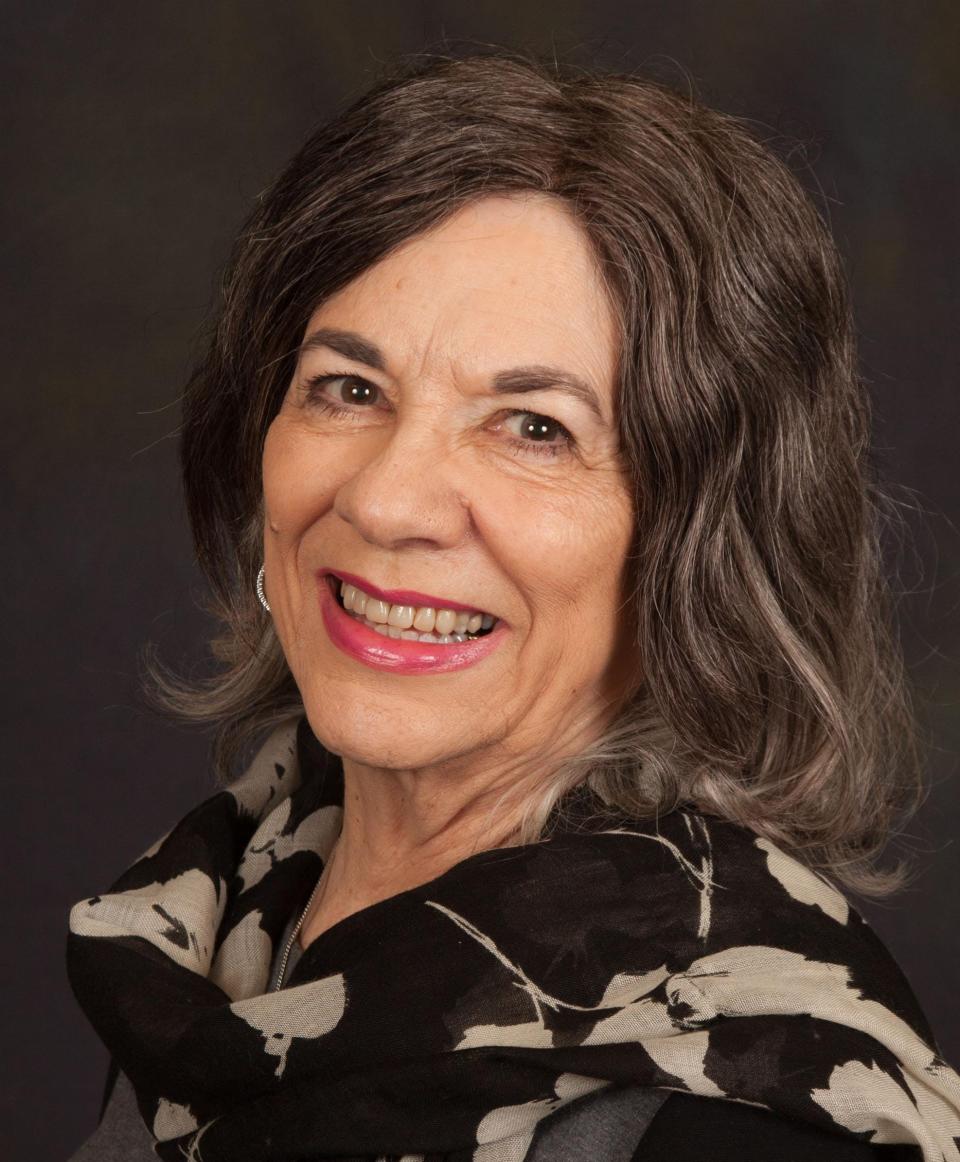Pratt: Experience helps only if we learn from it
- Oops!Something went wrong.Please try again later.
The idea that “older” people possess wisdom may sound good, but the truth is demonstrably different.
By virtue of age, it may seem a truism that experience increases wisdom, but even being a member of the “ancient” wisdom factor, I beg to differ.

Experience helps only if we learn from it. Many of us are not eager to really learn. We prefer our partialities or preferences even when we may know better. Familiarity is our comfort, and who among us wants to be uncomfortable?
Isn’t that why we keep stuffing our tummies with sugar-laden treats when we are diabetic or just overweight and a candidate for several related organ failures?
In the world of ideas and ideals, we depend largely on our knowledge, supplemented by additional information. But as time passes, we get comfortable and reluctant to embrace the evidence when our seemingly former information proves unworthy or inadequate for the present situation.
When a serious judgment must be made that may go against our previous convictions, we tend to recoil rather than think through a particular idea or situation. It is amazing what we will tolerate to keep our comfortable convictions, which may be well-worn or little examined opinions.
“Please,” we demand, “just let me wrap myself in memories of yesterdays, and don’t bother me with any changes in my routine.”
This is particularly true in the areas of religious, political and racial opinions. In other words, we are most affected by our cultural surroundings, both positively and/or negatively. Add to that our experience of how wealth is achieved, socialization occurs and/or failures endured. Our instinct when we are hurt is to strike at whatever or whomever causes our pain.
We are more comfortable in the known than in the unknown. King David advises us not to envy those who are evil and profit from their wrongful actions “For like grass, they soon fade away. Like spring flowers, they soon wither.”
Instead, he says in Psalm 37, “Commit everything you do to the Lord. Trust him, and he will help you. He will make your innocence radiate like the dawn, and the justice of your cause will shine like the noonday sun.” (NLT)
But David, even in his devotion to God, still succumbed to temptation. Extreme success may well be as, or more, deadly to the soul than extreme failure. Biblical accounts of individuals give us reality rather than pretense of perfection.
That humankind killed the one example of true perfection in the person of Jesus is a promise that requires of us surrender to the reality of our own selfishness. Resurrection Day is the key element of all the collection of samples of success and failure we find in what we refer to as the entire biblical story.
Argue about it if you will, to examine the core biblical message is to give credence to the essential worth of humanity in the eyes of the Creator. A final war between good and evil began in the heavenly realms on the day the first humans chose to believe the Newcomer to their beautiful garden on a planet called Earth.
Believing or disbelieving is our choice. Humans have come up with all kinds of gods to satisfy themselves with the knowledge that they exist beyond what is visible, knowable and touchable.
David concludes the 37th Psalm thusly, bypassing all other solutions mankind has proposed. “The Lord rescues the godly, he is their fortress in times of trouble. The Lord helps them, rescuing them from the wicked. He saves them, and they find shelter in him.” (Psalm 37:39 NLT)
Therein lies the hope for all mankind, but our choice is made in the here and now, by faith rather than by our flawed “works” and “attitudes” about religion or political viewpoints. We should always be careful about pointing an accusatory finger at each other, because as the old saying goes, we always have four fingers that point to our own failures.
In an age of “anything goes,” we would do well to read the histories of lost civilizations as well as biblical references to those who take the battle for good over evil far too lightly. Whether we are “golden oldies” or “passionate youngsters,” rich or poor--we each have a responsibility for the here and now of life during our privileged existence.
Beth Pratt retired as religion editor from the Avalanche-Journal after 25 years. You can email her at beth.pratt@cheerful.com.
This article originally appeared on Lubbock Avalanche-Journal: Pratt: Experience helps only if we learn from it

